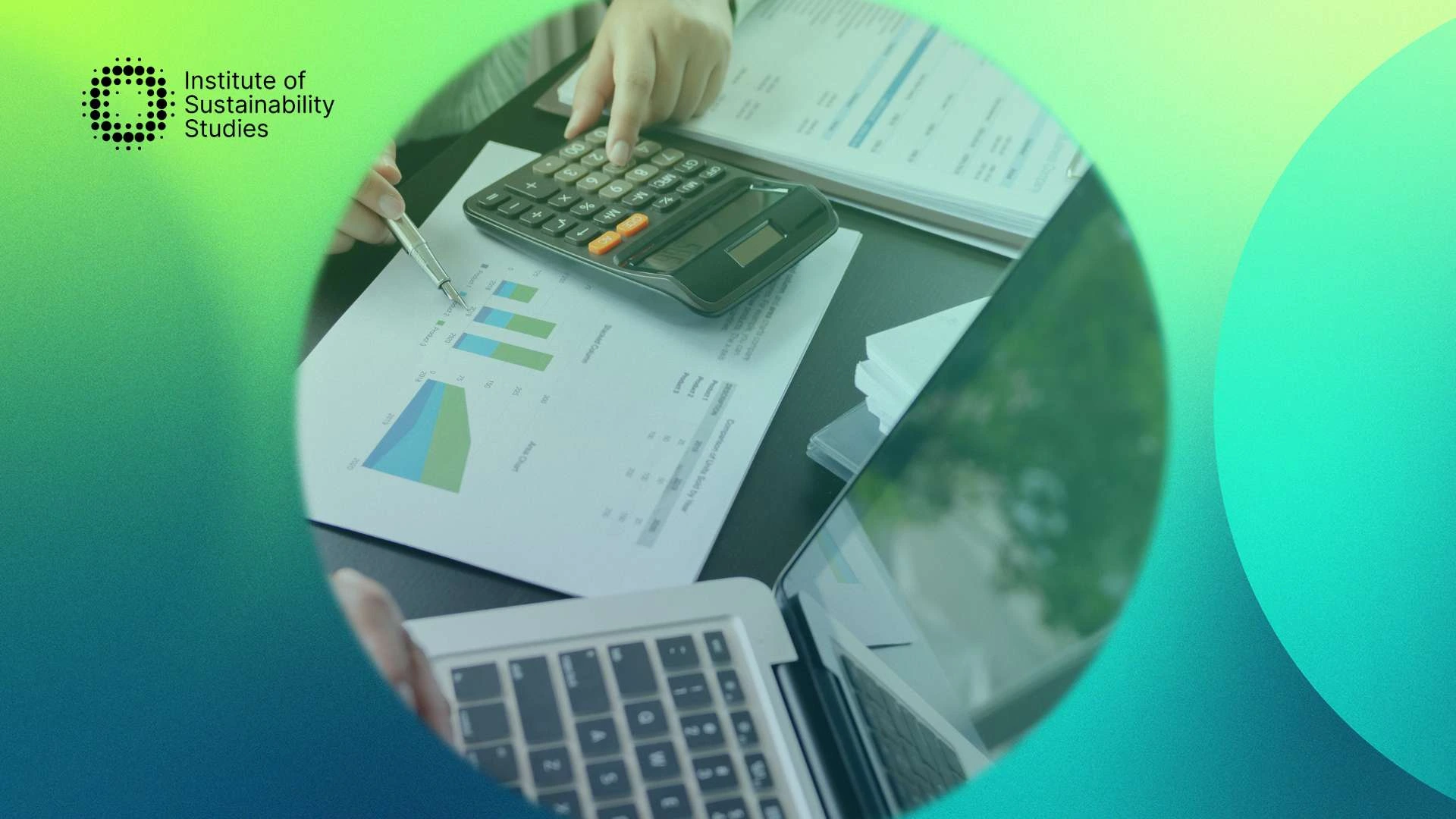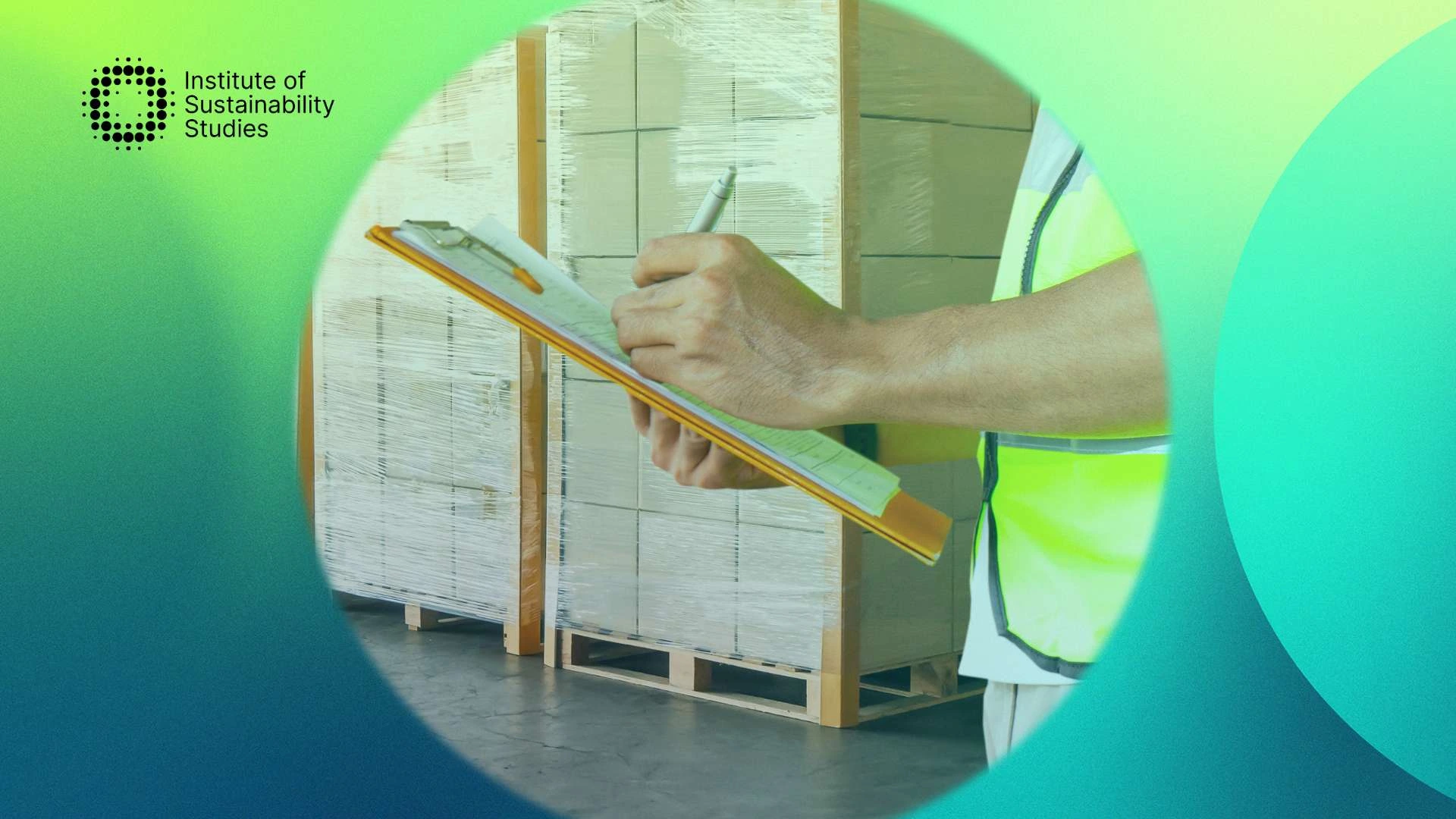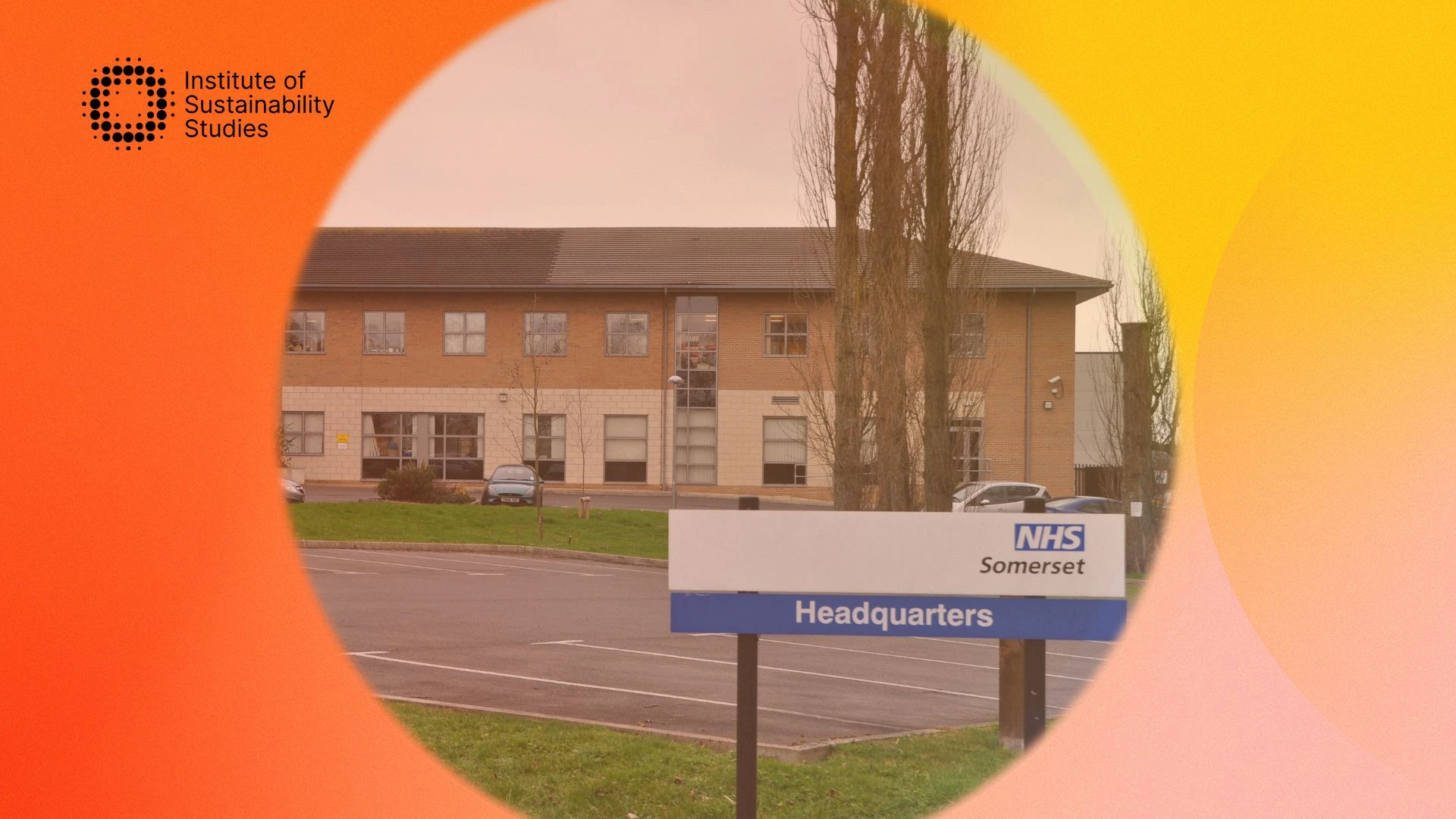According to EY, focusing on supply chains is key to overall environmental, social, and governance (ESG) practices because over 90 percent of a company’s greenhouse gas emissions are attributable to supply chains. Integrating business sustainability strategies within supply chain management is crucial for companies looking to enhance their environmental impact. A sustainable supply chain enables businesses to enhance their relationships with their stakeholders, shareholders, and customers.
Consumers are becoming increasingly conscious of how their purchases affect the planet, and businesses can connect these purchases with specific aspects of their supply chain. There is a need for supply chain traceability and transparency, but this is currently quite difficult to achieve. Many experts believe Blockchain could be the answer to driving sustainable supply chains. Keep reading as we dive further into the potential of Blockchain technology below.
What is Blockchain?
Before we begin to explore the role of Blockchain in sustainable supply chains, let’s discuss what Blockchain is. The term Blockchain essentially refers to a shared, immutable ledger that enables the process of tracking assets and recording transactions within a business network.
An asset can be something intangible like intellectual property and branding, or tangible, such as a car, land, or a house. Put simply, in a Blockchain network, anything of value can be traded and tracked, curbing costs and minimising risk for all involved. Blockchain is quickly gaining attention from businesses.
This is because the business world runs on information, and the quicker this information is received and the more accurate, the better. Therefore, many believe Blockchain to be ideal for delivering this information. This is because it offers shared, immediate, and completely transparent information stored on an immutable ledger that can be accessed only by permitted network members.
A Blockchain network can track accounts, production, payments, orders, and so much more. Since members share a single view of the truth, businesses can view all details of a specific transaction end to end. This gives them greater confidence but also new opportunities and efficiencies, which are always welcomed.
What is a sustainable supply chain?
A sustainable supply chain is one which fully integrates environmentally responsible and ethical initiatives into a successful and competitive model. With a sustainable supply chain, end-to-end supply chain transparency is pivotal. In other words, environmentally responsible practices must extend from raw materials sourcing to even recycling processes and product returns.
Ethical supply chain practices are becoming a more immediate priority for businesses, as well as sustainability benchmarks and compliance goals. It is for this reason that the United Nations Global Compact has outlined 10 criteria for measuring supply chain sustainability. The criteria outlined cover areas such as human rights and corruption, labour practices, and environmental responsibility.
These principles are developed upon the belief and realisation that socially responsible products and initiatives are not just good for the environment and people but also crucial for establishing competitiveness, long-term profitability, and brand awareness. The main three components of a sustainable supply chain are transparency, circularity, and going green.
Those businesses operating sustainable or ethical supply chains do so by collaborating, setting consistent standards, and communicating their successes. There are lots of advantages to establishing an environmentally responsible supply chain. Some of these include better-controlling costs, but also minimising vulnerability and risk and building brand reputation and loyalty.
The potential of harnessing Blockchain for sustainable supply chain management
Blockchain technology has been increasingly adopted and has already been utilised in a range of industries, including logistics, maritime, education, healthcare, governance, emissions trading, and more. The importance of Blockchain technology is also growing in the supply chain industry. Businesses are increasingly being held responsible for their suppliers’ environmental and social actions.
Blockchain represents a promising opportunity for supply chain transparency. Speaking with suppliers and getting their feedback concerning their sustainability efforts is not enough. Businesses make claims about how sustainable their products are but how can you be sure your supplier’s statements are genuine? Customers are asking businesses to be more accountable for things like process integrity and product integrity.
However, product distribution and creation typically involve third parties. With this in mind, as a business, you must be able to manage and comprehend the performance of your partners. Brands have traditionally tracked supplier performance with individual suppliers. They often use paper records and auditing, but it is a time-consuming process. Not to mention, the data is very easy to falsify. Moreover, the data is often not connected across suppliers. This makes gaining a holistic view quite challenging.
Many experts have highlighted Blockchain technology as a pivotal way to address these challenges and get a transparent and holistic view. It enables every partner within a company’s supply chain to record information regarding its activities in a chronological, unchangeable, single record. The blocks of data are then stored in a digital chain, and the primary goal for this information is that everything is traceable from when the raw materials are extracted to the final usage of a product.
This innovative technology is already being used by companies across the globe for supply chain transparency. For example, Canadian apparel company Tentree is harnessing this technology to track its product and fibre supply chain. Veritree is also using Blockchain technology to track its progress concerning tree planting. Beyond these two examples, VaccineLedger is using a Blockchain platform to offer traceability in vaccine supply chains.
How Blockchain technology can help drive sustainable supply chains
There are many ways Blockchain technology can help in driving more sustainable and transparent supply chains. Firstly, it offers traceability, which can enhance sustainability performance. This means all supply chain partners join the Blockchain network. Here, they have full visibility of each other’s operations.
This includes information regarding how products are shipped, how ethically and responsibly the materials are sourced, and how products are distributed and processed. The increased level of transparency offered by Blockchain technology also helps in preventing illegal business practices such as corruption or fraud.
Using Blockchain technology can pave the way for operational efficiency opportunities too. By harnessing Blockchain, business owners can also enhance their overall supply chain management. In other words, it is a technology you use with your supply chain partners which encourages cooperation and collaboration.
Therefore, it enhances relationships with your suppliers. With Blockchain technology, you can collect a vast amount of information, and store it in one place. This enables you to determine and address supply chain risks, but also navigate globalisation trends.
In other words, you will discover what is successful and selling and what isn’t. Using Blockchain will likely satisfy your shareholders too, as they will learn you are doing the right things for the company’s success and taking sustainability very seriously. This is because you are giving them full traceability and transparency.
Summary
Supply chains require a significant amount of energy and resources from start to finish. Ensuring your supply chain is sustainable is very important to preserve business resources and the environment’s resources and provide customers with ethical and eco-friendly shopping options. We are running out of time, and focusing on greening your supply chain can make a big difference.
It also has many advantages for your business as you increase transparency, which is vital for success. If you want to become a sustainability leader, our Diploma in Business Sustainability course, one of the best sustainability courses in Ireland, will offer you the insights, resources, and knowledge you need to take the first steps. Enrol today to join the fight for a better future!
Dedicated to harnessing the power of storytelling to raise awareness, demystify, and drive behavioural change, Bronagh works as the Communications & Content Manager at the Institute of Sustainability Studies. Alongside her work with ISS, Bronagh contributes articles to several news media publications on sustainability and mental health.
- Bronagh Loughlinhttps://instituteofsustainabilitystudies.com/insights/author/bronagh/
- Bronagh Loughlinhttps://instituteofsustainabilitystudies.com/insights/author/bronagh/
- Bronagh Loughlinhttps://instituteofsustainabilitystudies.com/insights/author/bronagh/
- Bronagh Loughlinhttps://instituteofsustainabilitystudies.com/insights/author/bronagh/











